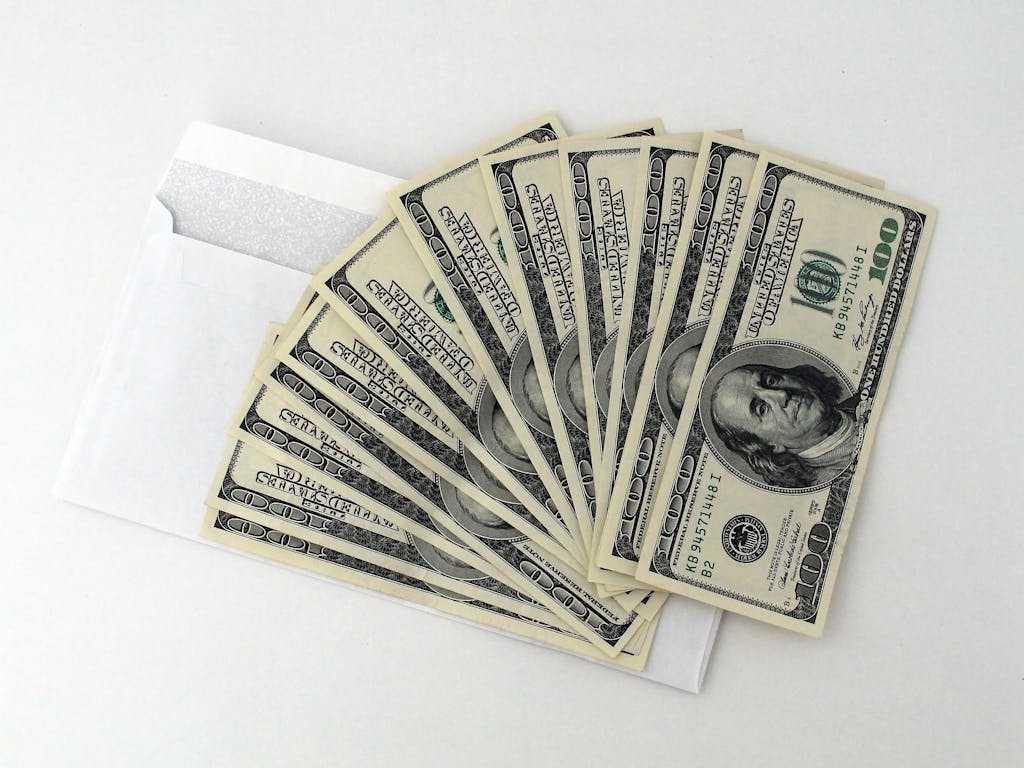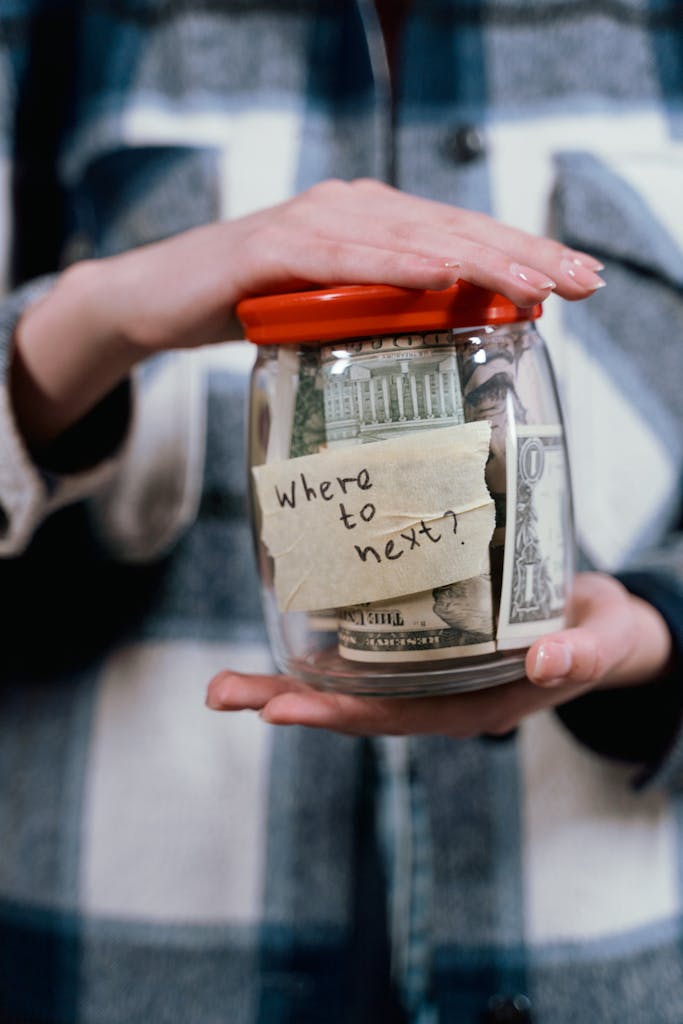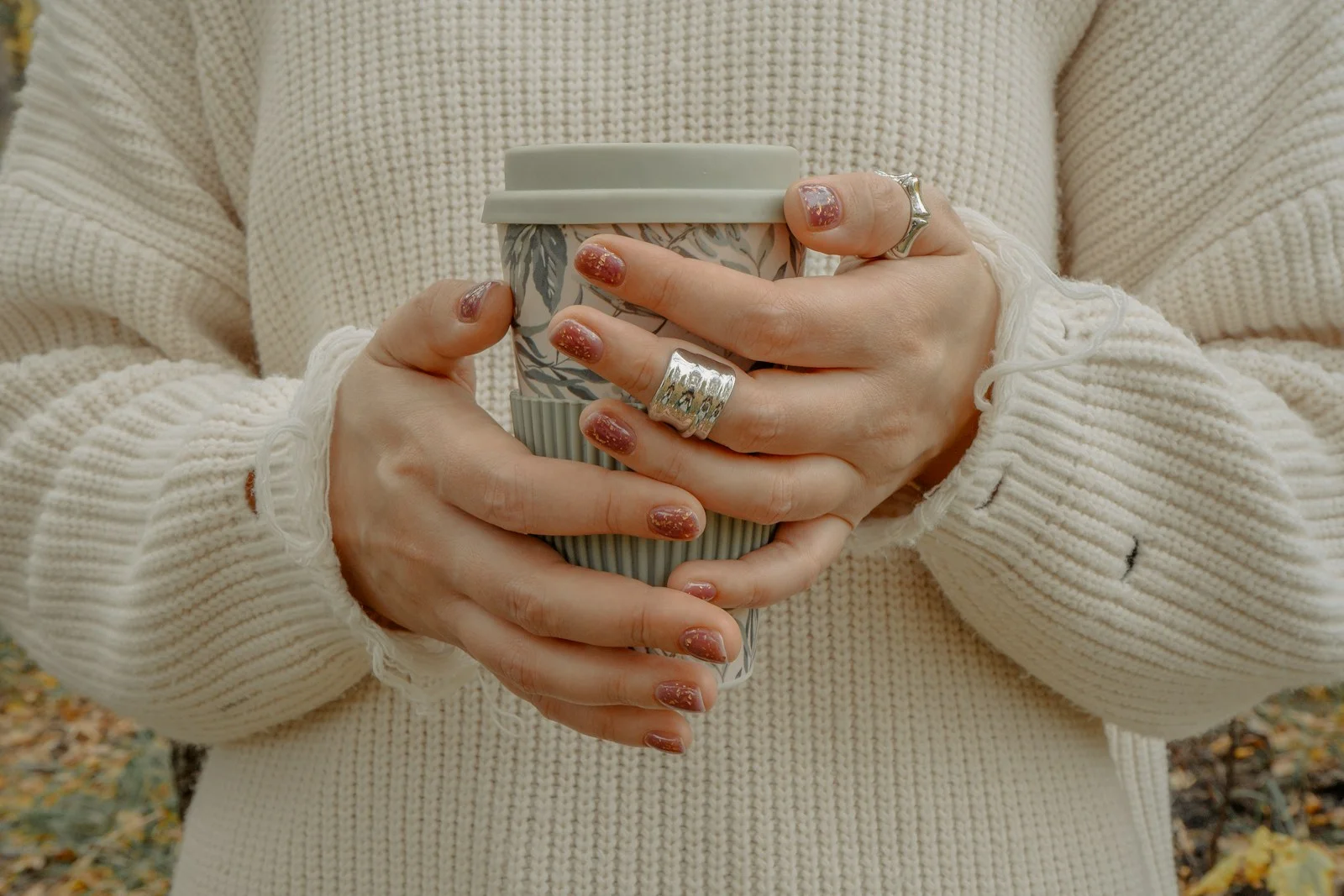
Can we talk about money for a hot second? Because I’m pretty sure most of us are doing this whole thing backwards, and it’s making us miserable for absolutely no reason.
Like, I used to think the key to happiness was just making more money. More cash equals more problems solved, right? Wrong. Dead wrong. Turns out, I was sabotaging my own happiness with some truly ridiculous money habits that probably sound way too familiar.
Here’s the thing though, once I figured out what I was actually doing wrong and started fixing it, everything changed. Not just my bank account, but like, my whole mood improved. My stress levels dropped. I stopped having those 3 AM panic attacks about my future.
So if you’re tired of money stress eating away at your happiness, buckle up fam. We’re about to dive into the five biggest money mistakes that are probably ruining your vibe, plus what actually works instead.
Mistake #1: Treating Your Credit Card Like Free Money
Oh man, past me was absolutely crickets when it came to credit cards. I’d swipe that thing like I was some kind of financial wizard, completely ignoring the fact that every purchase was basically borrowing from future me, who was going to be very, very unhappy about it.
Here’s what I thought was happening: “I need this thing, I don’t have cash right now, but I’ll totally have money next month when the bill comes.” Spoiler alert, next month me never had more money than current me. Next month me had the same money, minus whatever I’d already spent, plus interest charges that made my eye twitch.
The worst part? I wasn’t even buying anything good. Like, if you’re going to go into debt, at least make it for something epic, right? But no, I was financing Target runs and DoorDash orders like they were life-or-death emergencies. My credit card statement looked like a museum of bad decisions and impulse purchases.
What Actually Works: Treat your credit card like a debit card that gives you rewards. Only spend money you actually have, and pay it off completely every single month. I know, I know, it sounds boring as watching paint dry. But you know what’s not boring? Not having a mini heart attack every time you check your credit card balance.
I started using the envelope method, but digital style. Every month, I put the money I plan to spend on my credit card into a separate savings account. When I swipe the card, I immediately transfer that amount out of the savings account. It’s like paying cash, but with better rewards and fraud protection. Plus, my credit score went from “yikes” to “hey, not bad” in about six months.
Mistake #2: Buying Stuff to Fix Your Feelings
Real talk, I used to shop like it was therapy. Bad day at work? Time to browse Amazon. Feeling lonely? Maybe some new clothes would help. Stressed about money? Ironically, spending money seemed like the solution. Make it make sense, I dare you.
This is what retail therapy actually looks like though: you feel crappy, you buy something, you feel good for maybe 20 minutes, then you feel worse because now you’re broke AND you still have the original problem. It’s like trying to fix a leaky roof with more water.
I remember one particularly rough week where I bought three different organizational systems because I thought being more organized would solve my work stress. Spoiler alert, having more bins and labels didn’t magically make my boss less demanding. It just made my closet more cluttered and my bank account sadder.
The science behind this is actually pretty wild. When you buy something, your brain releases dopamine, which feels amazing. But it’s the exact same chemical response you get from drugs, and just like drugs, you need bigger hits to get the same feeling. That’s why one cute top turns into a whole cart full of stuff you don’t need.
What Actually Works: Figure out what you’re actually trying to buy. Are you trying to buy confidence? Fun? Control? Connection? Because here’s the plot twist, you can get all of those things without spending money, and the effects last way longer.
When I feel that shopping urge now, I stop and ask myself, “What am I really trying to fix here?” If I’m stressed, I go for a walk or call a friend. If I’m bored, I read a book I already own or try a new recipe with ingredients I have. If I feel ugly, I put on an outfit I already love and do my makeup nice. It sounds simple, but it works way better than buying more stuff to pile on top of my existing problems.
Mistake #3: Keeping Up with People Who Have Different Money

This one’s going to sting a little, but we need to talk about it. You know that friend who always suggests the expensive restaurant? The one who books weekend trips to wine country like it’s nothing? The one whose Instagram looks like a lifestyle blog? Yeah, they might have different money than you, and that’s okay.
I spent so much time and energy trying to keep up with friends who either made more money than me, had family money, or were just better at hiding their credit card debt. Every time they suggested dinner at that place where appetizers cost $18, I’d say yes and then eat ramen for the rest of the week to balance it out.
The worst part was how it made me feel about my own life. Like, I’d be perfectly happy with my apartment until I saw their place. I’d love my little weekend farmer’s market trips until I saw their Cabo vacation photos. Comparison really is the thief of joy, and social media turned me into a master thief apparently.
Here’s what nobody tells you though, half the people posting those fancy experiences are probably stressing about money too. That friend who always picks up the check? They might be drowning in debt. The one with the amazing wardrobe? They might be eating PB&J for lunch every day to afford it. You never know what someone’s real financial situation looks like.
What Actually Works: Find your people who have similar money values, and suggest activities that work for everyone’s budget. It’s not about finding poor friends, it’s about finding friends who prioritize experiences over appearances.
I started being honest about my budget, and you know what happened? Some friends totally understood and started suggesting cheaper alternatives. Others kind of faded away, which honestly told me everything I needed to know about those friendships. But I also discovered this whole group of people who were up for free museum days, potluck dinners, and hiking adventures instead of expensive brunches.
Now when someone suggests something outside my budget, I just say, “That sounds fun, but it’s not in my budget right now. What about we do [alternative] instead?” Most people are way cooler about it than you’d expect. And if they’re not? Well, that says more about them than it does about you.
Mistake #4: Ignoring Small Expenses (Death by a Thousand Subscriptions)
Raise your hand if you’ve ever looked at your bank statement and wondered where the heck your money went. Like, you didn’t buy anything big, but somehow your account is looking pretty tragic. Welcome to death by a thousand paper cuts, also known as subscription creep.
I used to think small expenses didn’t matter because, well, they’re small. Five dollars here, twelve dollars there, what’s the big deal? But then I actually added up all my monthly subscriptions and nearly choked on my coffee. Netflix, Spotify, that meditation app I used twice, the meal kit service I kept meaning to cancel, Amazon Prime, iCloud storage, the gym membership I hadn’t used since 2019, honestly the list was embarrassing.
It wasn’t just subscriptions either. Daily coffee runs, convenient store snacks, parking fees, app purchases, all these tiny expenses that felt like nothing in the moment but added up to serious money over time. Like, we’re talking about $400+ a month in stuff I barely noticed I was spending.
The sneaky thing about small expenses is they don’t trigger your “this is expensive” alarm. Your brain treats a $5 coffee completely differently than a $150 coffee maker, even though the coffee maker might actually save you money in the long run. It’s like your financial radar is calibrated wrong.
What Actually Works: Track every single expense for one month, even the tiny ones. I’m talking about that pack of gum, the parking meter, the 99-cent app, everything. Use your phone, write it down, whatever works, but track it all.
When I did this, I was honestly shocked. I was spending $47 a month on coffee shops, $23 on random convenience store purchases, and $89 on subscriptions I wasn’t even using. That’s $159 a month, or almost $2,000 a year, on stuff that added basically zero value to my life.
Now I do a monthly subscription audit. I go through my bank statement and cancel anything I haven’t used in the past month. I also started making coffee at home and packing snacks, which sounds super basic but saves me about $50 a month. That money goes straight into my savings account, and seeing that balance grow feels way better than any overpriced latte ever did.
Mistake #5: Having No Financial Safety Net (Living on the Edge)

This is the big one, fam. The mistake that turns every minor crisis into a major disaster. I used to live paycheck to paycheck, not because I had to, but because I spent every dollar I made without thinking about tomorrow.
My emergency fund was basically my credit card, which is like using a Band-Aid to fix a broken bone. When my car needed repairs, panic mode. When I got sick and missed work, full-scale meltdown. When my laptop died, I had to choose between fixing it and eating decent food for two weeks. Living without a safety net is like walking a tightrope over a pit of financial anxiety.
The stress of having no cushion was eating me alive. I’d lay awake at night running worst-case scenarios through my head. What if I lose my job? What if I get hurt? What if my rent goes up? Every unexpected expense felt like a personal attack from the universe.
Here’s what’s wild though, I thought I couldn’t afford to save money. Like, I was convinced that living paycheck to paycheck meant there was literally no money left over. But when I actually looked at where my money was going, turns out I was spending plenty on non-essentials. I just wasn’t being intentional about it.
What Actually Works: Start tiny with your emergency fund, like stupidly tiny. I’m talking about $5 a week if that’s all you can swing. The amount doesn’t matter at first, building the habit matters.
I started by automatically transferring $25 from my checking to savings every Friday. It felt like nothing, but after a few months, I had a couple hundred dollars sitting there. That tiny buffer made such a difference in my stress levels, even though it wouldn’t have covered a major emergency.
Then I got a little more aggressive. Every time I didn’t buy something I was tempted by, I transferred that amount to savings instead. Didn’t buy that cute top? Twenty-five dollars to savings. Skipped the expensive lunch? Twelve dollars to savings. Made coffee at home instead of stopping at Starbucks? Four dollars to savings.
It took about a year, but I managed to save up three months of expenses. Three months! Having that money just sitting there, not for anything specific, just for whatever life throws at me, changed everything. I sleep better, stress less, and make better decisions because I’m not operating from a place of financial fear anymore.
The Real Secret to Money and Happiness
Here’s what all those finance bros don’t tell you, the goal isn’t to be rich, it’s to feel secure. Security looks different for everyone, but for most of us, it’s having enough money to handle life’s curveballs without having a complete meltdown.
Money can’t buy happiness, but financial stress can definitely steal it. When you’re constantly worried about money, it’s hard to enjoy anything else. Every fun activity comes with a side of guilt, every unexpected expense feels like a crisis, every financial goal feels impossible.
But here’s the good news, you don’t need to make six figures to feel financially secure. You just need to be intentional about the money you do have. Stop spending on stuff that doesn’t actually improve your life, start saving for the inevitable rainy days, and find ways to enjoy life that don’t require going into debt.
I’m not saying it’s easy, especially when everything around us is designed to separate us from our money. But it’s definitely possible, and the peace of mind you get from having your financial life together is worth way more than any impulse purchase ever could be.
Your future self is counting on you to make better money decisions today. Don’t let them down, they’re going to have enough to deal with without inheriting your financial chaos too.



Leave a Reply